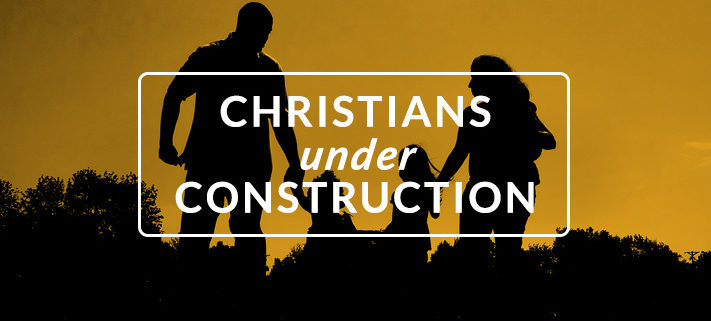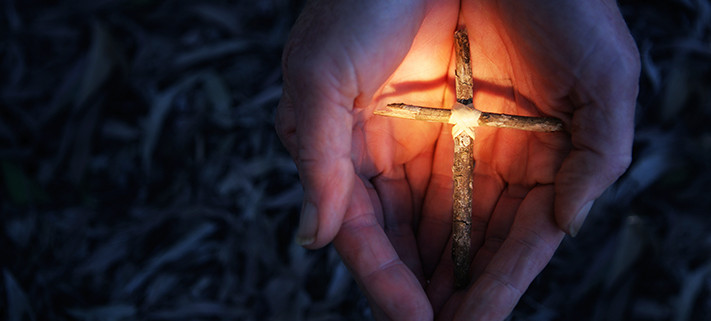Christians Under Construction is a series of devotions designed for family use each week focused on Christian stewardship. It was originally developed for a congregation stewardship series and intended as a weekly resource. I thought I’d republish here for those interested in using them. Here is week twenty-one:
Joshua 24:15 “But as for me and my household, we will serve the Lord.”
Marilyn and Bill were pulling out of the driveway for their regular “Friday Night Date.” Early on in their marriage they had decided that they needed to have at least one night together each week. Sometimes they would go out to eat then catch a movie, or a play, or some other kind of activity.
Each Friday was a bit different. One thing, however, was always the same — the debate, or perhaps a better word, “indecision” about where to go to eat. Each Friday evening, without fail, the two would back down the driveway, look at each other and trade the same question, “Where do you want to go to eat?” The answers were also the same, “I don’t know, it’s up to you.” This would go on for a few minutes or sometimes miles down the road, until somebody would decide. Marilyn would say, “Well you are the leader of this family, make a decision.” Bill would say, “but that’s your department. You make the decision.” It’s a wonder they ever ate on Friday nights at all!
Sometimes it is difficult to make decisions, especially if those involved aren’t sure or convinced who’s in charge. Sometimes no decisions are reached, and that can be as bad as making the wrong decision. Leadership is important – in our families, our workplaces, our own personal lives and our church. Without it, decisions don’t get made. Things don’t happen, or worse, bad things happen.
In our reading today, Joshua boldly makes a decision for his family. He doesn’t debate it, or ask anybody about it. He simply fulfills his responsibility to lead by saying, “As for me and my household, we will serve the Lord.” Period! End of sentence!
Joshua had observed the Marilyns and Bills of God’s people being indecisive about what god they would worship. Would it be the God that rescued them out of Egypt, the God of grace, the author of our salvation, or would it be the wooden and golden idols that some had latched on to as they passed through godless countries on their way to the promised land? They weren’t sure.
As they rode their donkeys and pulled their wagons down the road to Canaan, they debated. No one was taking a stand. No one was leading and making a decision. Joshua did. The Holy Spirit-led Joshua saw the importance of making a stand for God.
How about you and your family? Have you ever taken this stand? You may not have stood out in your front yard and shouted those words, although nothing would be wrong with that. But you speak loudly and clearly by bringing your family to church each Sunday. By resisting the temptation to “skip” you have proclaimed that your household is about serving God. Every one of them.
God calls each one of us to spiritual leadership. Sometimes he entrusts a family to us to lead — sometimes it is only ourselves. Regardless of our situation, God wants us to serve him and be decisive about it. Many people have decided not to do so. That is a sad thing and ought to motivate us to speak to them in love. Many more people have chosen to be indecisive. They don’t know who to follow or serve. We need to be concerned about them as well, for God says we are either for him or against him. There is no middle ground.
How about you and your household? Will you serve the Lord? Will you come and hear God’s word and enjoy the blessings of the Lord’s Supper, Baptism and the wonderful fellowship offered with your church family? Can you, will you, say what Joshua did?
Discussion Questions: What is the toughest decision you ever had to make? Why was it difficult? Does God make it easy or hard to be a part of his family? How can you be a better spiritual leader?
(Note to parents: You may want to review the facts of the story to reinforce the lesson.)
Family Reading: Joshua 24
Prayer: Lord, we praise you for the privilege of being a part of your family. We are honored. Help us to always serve you. Amen.



